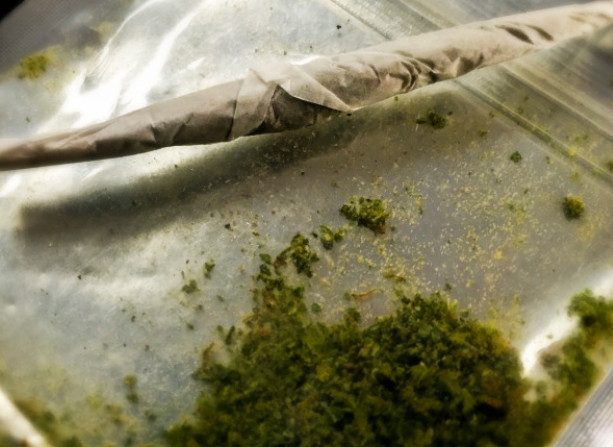New York is on its way to legalizing the recreational use of marijuana.
That’s why this week, News10NBC is investigating how it could impact you.
Governor Andrew Cuomo created a committee a few months ago to make recommendations to the state Legislature on an adult-use recreational program.
News10NBC Investigative Reporter Jennifer Lewke looked into how programs in other states work and sat down with the only member of New York’s committee that lives in our part of the state.
New York is not forging new ground by developing a recreational plan. A number of other states have paved the way.
“No one had ever taxed it and setup a whole regulatory framework, and to do that and to be in conflict with the federal law, I don’t know… it’s just not my idea of a good time,” says Governor John Hickenlooper of Colorado.
But five years ago, voters in his state wanted to legalize cannabis, so Hickenlooper had to get to work.
“If I was to say overall, many of the worst case scenarios that we worried about haven’t happened,” he says.
But that doesn’t mean it’s been easy.
“There’s no FDA since it’s still considered illegal at the federal level, and so we had to do quite a bit of infrastructure building here with the state to make sure that the product is tested so that the potency can be reliability counted on,” says Dr. Larry Wolk, former director of Colorado’s Department of Public Health.
The same thing will have to happen here in New York.
Dr. Lorraine Collins specializes in addiction.
She’s a professor at the University at Buffalo and was asked by Governor Cuomo to sit on the committee working to put a plan in place for the rollout of a recreational program.
“We understand that people are going to use it and so we want to help them to use it in a way that provides benefits without experiencing too many negative consequences,” Dr. Collins tells News10NBC.
The committee has hosted 17 public events across the state. Steve Vandewalle, a Rochester resident who owns a CBD/ hemp oil business, spoke at one of them.
“It’s so focused around a smoke-able plant that makes you feel good that we forget that there’s a whole process that goes between when the seed is planted to when the product is created. The agriculture and horticulture abilities, the extraction technology, the marketing, the branding, the fulfillment, the bottling,” he says, highlighting the employment and economic development potential.
One of the major sticking points at this stage in the process is, what should the legal age to purchase/use it be?
In other states, it’s 21. However, research shows that brain development occurs until the age of 25. Heavy usage before then can have serious long-term effects.
“I think what we see is that you can smoke yourself stupid, and the marijuana that’s circulating today is far different than the marijuana that I was exposed to when I was growing up,” says Dr. Torin Finver, addiction specialist at Horizon House in Buffalo.
That leads to the next issue, regulation.
Right now, there is just one independent lab that tests the quality of medical marijuana in New York state. That won’t be enough for a recreational market.
There’s also the question of, who will be licensed to grow? There’s been a lot of interest upstate. “There are farmers and others who would like to participate and I think that’s a reasonable request,” Dr. Collins says.
Also, don’t expect to see weed edibles and drinks legalized right away.
“It’s kind of a no-brainier that we should start with things that we understand, and we’re just starting to understand some of these products,” adds Dr. Collins.
Starting slow is okay with Mary Kruger who runs Rochester NORML, a group working to reform marijuana laws. But, she does want to see immediate action when it comes to social justice, meaning what happens with the criminal records of those who’ve been convicted of possession in the past.
“What’s going to be non-negotiable, what we’re going to be lobbying for is the expungement and re-sentencing (of those convicted in the past), and the cost associated with that is covered by the money generated by this market,” Kruger tells News10NBC.
Dr. Collins says that’s certainly a hot topic around the table.
“That will be something that the legislation has to consider. How are we going to do this? Do you expunge records that don’t involve violence? Do you give pardons?” she adds.
The committee expects to make all of its recommendations by the end of the year then ultimately, it’ll be up to the state Legislature to decide.
Credit: whec.com

